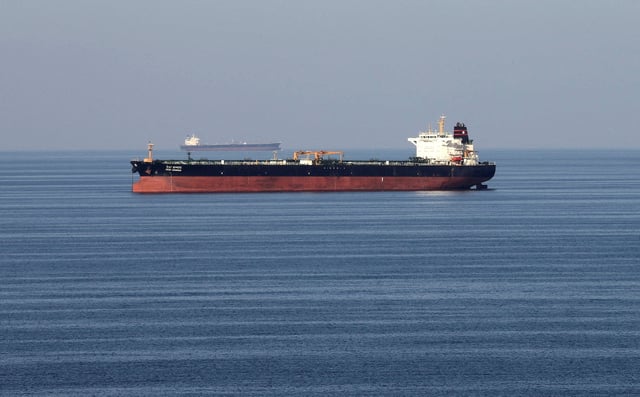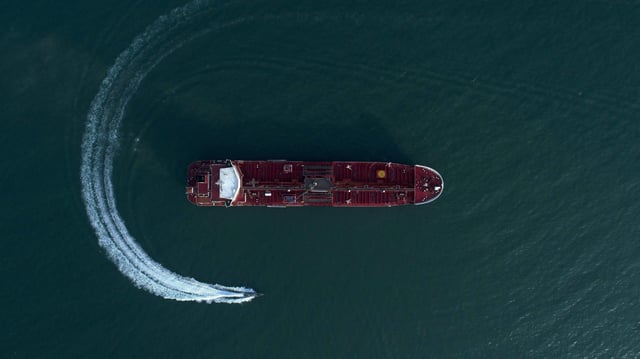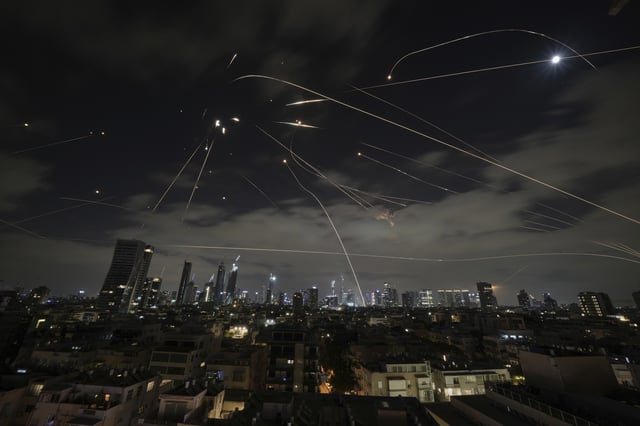Overview
- On June 12 the IAEA declared Iran in breach of its non-proliferation obligations, and Israel responded by widening its strikes to target Iranian oil facilities and civilian infrastructure.
- IRGC commander Sardar Esmail Kowsari and other Iranian legislators have publicly stated that closing the Strait of Hormuz is under consideration.
- The Strait of Hormuz channels nearly one-fifth of all global oil shipments and most of Qatar’s LNG, making any disruption a severe economic threat.
- Iran has multiple military options to block the waterway, including armed speedboats, drones, anti-ship mines, missiles and submarines.
- The US Fifth Fleet’s base in Bahrain acts as a major deterrent, and Tehran’s decision will also be shaped by diplomatic ties with China, India and Oman.



